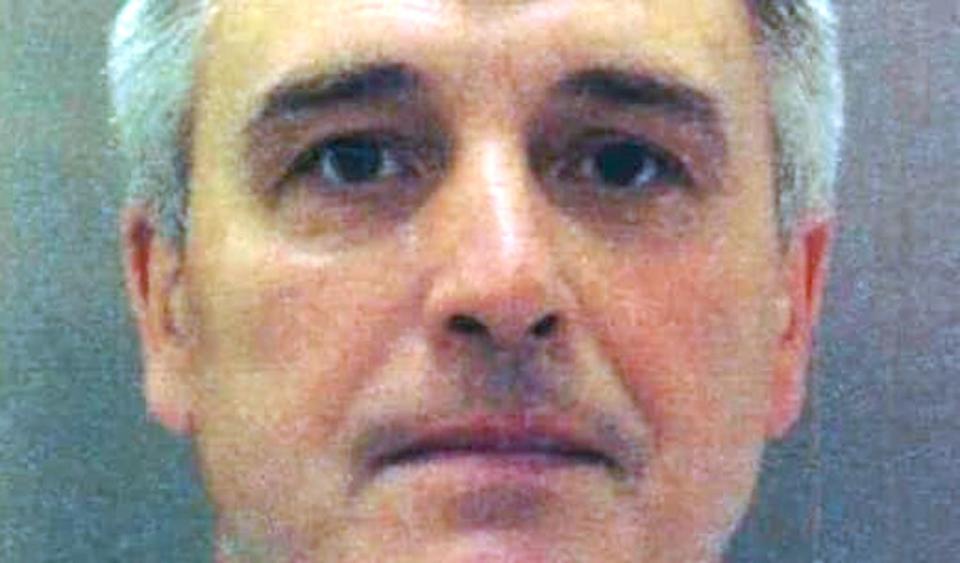Salisbury attack: Russia will ‘do it again’ if UK does not act after Skripal and Litvinenko, government warned
Russia will make more assassination attempts on British soil if the government does not “act very firmly”, ministers have been warned.
No new sanctions or diplomatic action against the Kremlin have been announced after a third GRU agent was charged over the 2018 novichok attack targeting Sergei Skripal.
The prosecution was revealed just hours after the European Court of Human Rights ruled that Russia was responsible for the fatal poisoning of Alexander Litvinenko in 2006.
Boris Johnson urged the country’s authorities to “hand over” the three Salisbury suspects so they can face justice in the UK, but Russia has denied any involvement and no extradition treaty exists.
At a press conference on Tuesday, Ministry of Foreign Affairs spokesperson Maria Zakharova accused the UK of “deliberately worsening relations” and using the poisoning “to increase anti-Russian feeling in British society”.
“We condemn attempts to blame Russia,” she added. “We are trying to ascertain the truth and want exhaustive information from the UK.”
Russia previously refused to extradite the main suspect accused of murdering Litvinenko, and the former KGB agent is now a member of the Russian parliament.
Addressing the House of Commons on Tuesday, senior Conservative MP David Davis said there was a “very clear lesson” to be learned.
“If we do not act very firmly, they will do it again,” he added. “So we should act, not just against the GRU officers the home secretary has properly highlighted, but against all the manifestations of the Russian mafia state.
“If our government do not act more firmly now than we did after the Litvinenko murder, this will happen again.”
It came days after a parliamentary committee accused the government of an increasingly “casual approach to national security” and called for reform.
A report on the threat posed by Russia, published last year, said the UK had “badly underestimated the Russian threat and the response it required”.
When asked why no new sanctions or diplomatic expulsions were being announced, the home secretary said the government had “ruled nothing out”.
“The UN General Assembly is taking place,” Priti Patel added. “All such discussions with our allies and many of our bilateral counterparts are absolutely in flight. We are constantly having discussions to consider the other levers we have and what the next steps should be.”

Ms Patel said the government would be “relentless in our pursuit of justice” for the victims of the Salisbury attack, which resulted in the death of 44-year-old mother Dawn Sturgess.
“Should any of these individuals ever travel outside Russia, we will work with our international partners and take every possible step to detain them and extradite them to face justice,” she added.
Caroline Corbin, the mayor of Salisbury, told The Independent the prospects looked “bleak”.
“For Dawn Sturgess and her family it doesn’t appear as though they will see any justice,” she said.
“I think there should be some steps taken to ensure justice happens. Everyone wants proper justice done.“
Ms Corbin said the poisoning continued to have an impact on the city, which was “barely back to normal” before Covid struck, and that everyone living there continues to be affected.
Interpol red notices have been circulated internationally for the past three years for the two suspects previously charged over the attack, GRU agents Alexander Mishkin and Anatoliy Chepiga, but no arrests have been made. The new suspect, Denis Sergeev, is also thought to remain in Russia.
The Crown Prosecution Service has authorised the same charges against him as the two previous suspects, including the attempted murder of Mr Skripal and his daughter Yulia, the grievous bodily harm of police officer Nick Bailey and the use of novichok as a chemical weapon.
Sergeev, who travelled to the UK under the alias Sergey Fedotov, is believed to have commanded the poisoning operation from London.
He arrived in Britain hours before his alleged accomplices on 2 March 2018, and met them “on more than one occasion” before the attack.
Sergeev flew back to Moscow from Heathrow at 1.45pm on 4 March, under two hours after the nerve agent was applied to Mr Skripal’s front door.
Detectives admitted they still do not know what happened to the counterfeit perfume bottle used to deliver the nerve agent, between when it was discarded by the perpetrators on 4 March 2018 and found by a local man in Salisbury on 22 June that year.
Charlie Rowley gave Ms Sturgess the bottle as a present, not knowing it contained enough novichok to kill “thousands of people”, police said.
Dean Haydon, the Senior National Coordinator for Counter Terrorism Policing, said the three suspects “operated as a team” to target Mr Skripal, a former double agent who gave information to MI6.
“We have been piecing together evidence that suggests Petrov, Boshirov and Fedotov have all previously worked with each other on behalf of the Russian state on operations outside of Russia,” he told a press conference.
“We are in discussion with other countries, particularly Bulgaria and the Czech Republic, in relation to investigations they lead on.”
British authorities are also believed to be in touch with other nations “with an interest” regarding the latest developments in the investigation.
The probe is still live, and police are investigating other suspects who may have been part of the poisoning operation.
Read More
Salisbury attack: Denis Sergeev named as ‘third man’ responsible as UK police authorise charges
Novichok bottle that went missing in Salisbury ‘could have killed thousands’
Denis Sergeev: Who is the ‘third man’ wanted over Salisbury poisonings?

 Yahoo News
Yahoo News 
